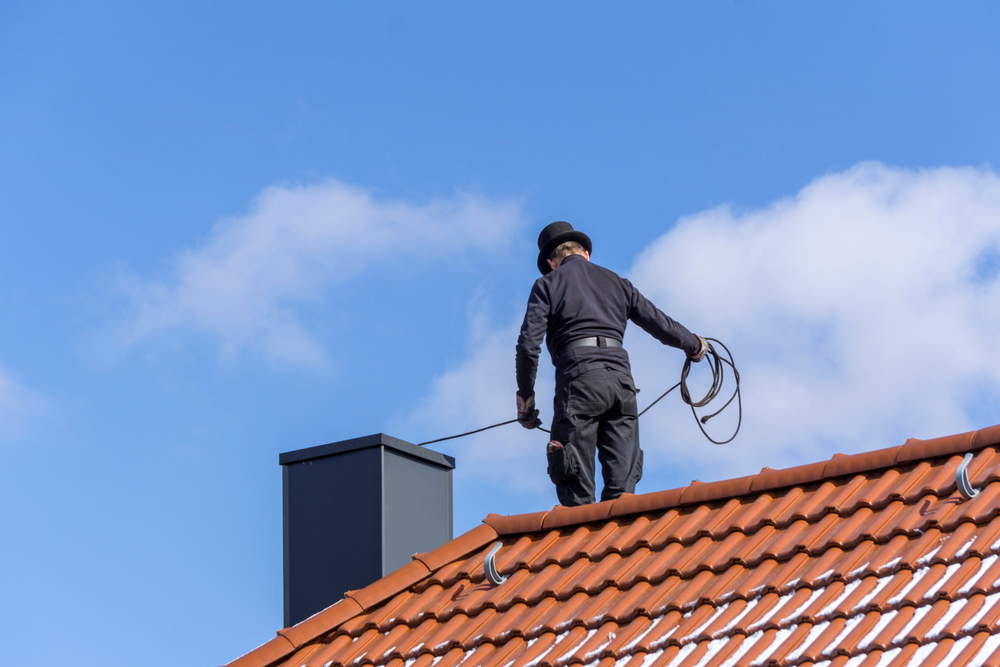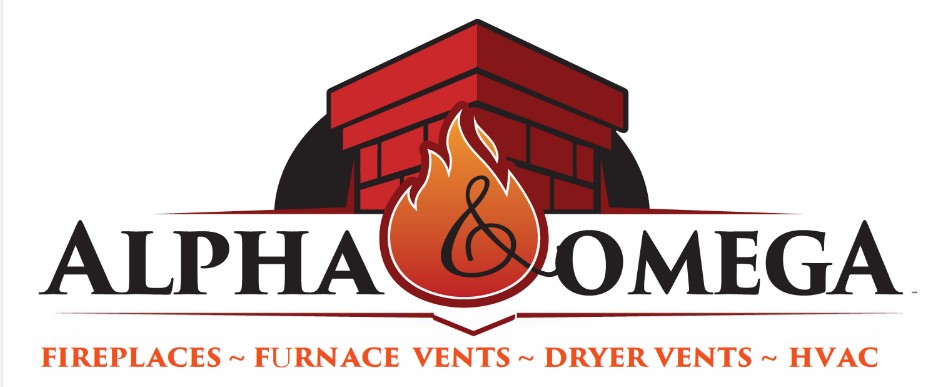
The Importance of Regular Chimney Inspections in Canton, MI
A well-maintained chimney is crucial to ensure that your fireplace operates safely and efficiently, especially in areas like Canton, MI, where the winter months can be harsh. Regular chimney inspections are essential for homeowners who rely on their fireplaces for warmth, ambiance, and comfort. In this blog, we will explore why chimney inspections are vital, what they entail, and how they can help you avoid costly repairs or safety hazards in the long run.
The Need for Chimney Inspections in Canton, MI
Canton, MI, located in the heart of Ingham County, experiences cold winters that often lead residents to rely heavily on their fireplaces. Whether it’s a cozy fire on a chilly evening or using your fireplace as a primary source of heat, ensuring that your chimney remains in top condition is imperative. Over time, chimneys can accumulate debris, creosote, or even develop cracks that may go unnoticed by the homeowner. Regular inspections allow for the identification of these issues before they become serious problems. Without inspections, you risk exposing your home to potential fire hazards, carbon monoxide poisoning, or structural damage.
In a region like Canton, where snowfall and cold temperatures dominate the winter months, homeowners often use their chimneys to heat their homes and create a welcoming atmosphere. But the wear and tear on chimneys can be significant due to environmental factors, such as moisture, animal nests, and even the accumulation of soot and creosote from regular fireplace use. This makes it even more crucial for local residents to schedule regular chimney inspections to ensure their fireplace system remains functional and safe.
What Happens During a Chimney Inspection?
A professional chimney inspection involves a thorough evaluation of your chimney’s condition to identify any potential safety or performance issues. Chimney services in Canton, MI, typically offer varying levels of inspections, often categorized as Level 1, Level 2, and Level 3. The type of inspection you need depends on how frequently you use your chimney, the age of your fireplace system, and whether you’ve experienced any issues with it in the past.
A Level 1 inspection is the most basic and typically involves a visual examination of the accessible parts of the chimney. A technician will look for obstructions such as animal nests, creosote buildup, and any cracks or damage in the chimney structure. This level of inspection is generally sufficient for homes where the chimney is used regularly and is in good condition.
A Level 2 inspection is more comprehensive and is usually required if you’re selling or buying a home or if you’ve made any changes to your fireplace installation. During this inspection, the chimney technician may use cameras to inspect areas that are difficult to reach, like the interior of the chimney flue. This type of inspection also includes a more detailed check of the chimney’s ventilation system and its overall safety.
Finally, a Level 3 inspection is the most thorough and may be necessary if there is significant damage or if the other inspections uncover issues that need further investigation. It involves a more invasive process, such as the removal of parts of the chimney or fireplace, to get a clear view of potential issues that aren’t visible during a visual inspection.
Regardless of the inspection level, each step is designed to protect your home and ensure the long-term health of your chimney system.
Preventing Fire Hazards Through Regular Inspections
One of the most significant reasons to schedule regular chimney inspections is to prevent the risk of a house fire. Creosote buildup is one of the leading causes of chimney fires, and it often forms when wood is burned in the fireplace. This tar-like substance can quickly accumulate inside the chimney flue, restricting airflow and creating a highly flammable substance. Over time, even small amounts of creosote buildup can result in a dangerous fire within the chimney, potentially spreading to other parts of the house.
According to the National Fire Protection Association (NFPA), most home fires caused by chimneys occur due to the presence of creosote. A professional chimney sweep can remove this flammable material during an inspection, preventing it from becoming a fire hazard. If left unchecked, the creosote can build up to dangerous levels, increasing the chances of a fire breaking out.
Chimney inspections can also help identify other fire hazards, such as damaged flue liners, cracks in the masonry, or blocked chimneys. When any of these issues are detected early, the necessary repairs can be made before the chimney becomes a fire risk. Regular inspections, therefore, serve as a proactive measure in protecting your home and family from the devastating consequences of chimney-related fires.
Avoiding Costly Repairs in the Future
Another essential benefit of regular chimney inspections is the prevention of costly repairs. The sooner any issues are detected, the less expensive it will be to fix them. A small crack in the chimney liner or minor mortar damage, for example, can be repaired for a fraction of the cost compared to a major overhaul or a complete chimney rebuild.
By scheduling annual chimney inspections with a reputable chimney service in Canton, MI, homeowners can catch potential issues before they escalate into expensive problems. Regular maintenance and inspections allow you to address any issues while they’re still minor, saving you significant amounts of money down the line.
Additionally, if you’re in the process of purchasing a home, a thorough chimney inspection can be an invaluable part of the home-buying process. It can provide peace of mind knowing that the property is free from hidden chimney problems that could lead to costly repairs or safety risks. Similarly, if you’re selling your home, addressing chimney issues early can prevent delays in the sale process and can even increase the value of your home by proving that the chimney is in good working condition.
Ensuring Efficient Fireplace Operation
Beyond safety concerns, regular chimney inspections also ensure that your fireplace functions efficiently. A well-maintained chimney provides better airflow, ensuring that your fireplace burns wood cleanly and efficiently. If your chimney is clogged with debris or soot, it can impede airflow, leading to poor combustion, excessive smoke, and wasted energy. As a result, your fireplace will not be as effective at heating your home, and you’ll end up spending more money on fuel to keep your home warm.
By scheduling regular inspections, you can ensure that your fireplace operates at its best, providing optimal warmth and comfort during the colder months. This also helps you make the most out of your fireplace installation, allowing it to serve its purpose effectively while reducing your overall energy consumption.
Conclusion
Regular chimney inspections are essential for homeowners in Canton, MI, and the surrounding areas of Ingham County, MI. Not only do they prevent fire hazards and costly repairs, but they also ensure that your fireplace operates efficiently and safely. If you haven’t had your chimney inspected recently, now is the time to schedule a professional inspection. Taking this small but crucial step will provide peace of mind knowing that your home is safe and your fireplace is in top condition for the next winter season.
Need Fireplace Services in Your Area?
Here at Alpha & Omega Services, we take pride in providing top-quality fireplace solutions with over 25 years of experience. Whether you’re looking to upgrade your existing hearth or install a new system, our team of licensed Michigan mechanical contractors is here to help. From installation and repairs to chimney inspections and maintenance, we’ve got you covered. Let us bring warmth and elegance to your home with our expert fireplace and masonry services. Contact us today to schedule your next service—your fireplace deserves the best, and we’re here to deliver!
Categorised in: Chimney Inspection




